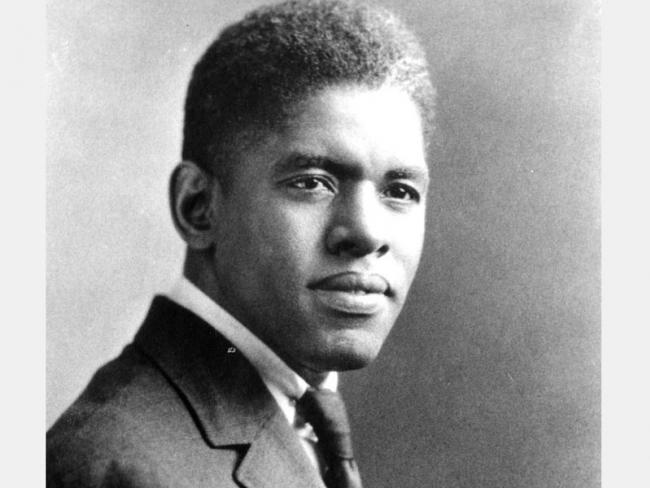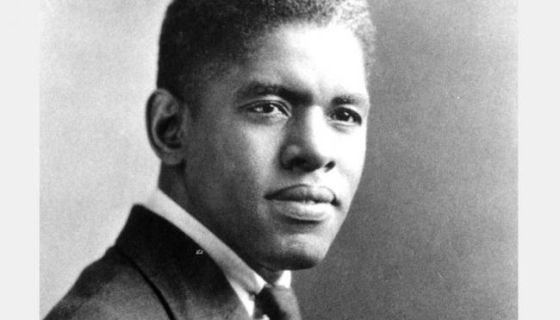
Roland Hayes is considered by some music scholars as the first African-American concert performer to gain international fame. While that claim has been furiously disputed what we know is that Hayes willed himself to the artist he became by way of hard work and study.
Hayes was born June 3, 1887 in Curryville, Ga. to parents who were former slaves. After the passing of his father when he was a boy, the mother took the family to Chattanooga, Tenn. where Hayes was primarily raised. Singing in local churches and on the streets for money, Hayes attracted the attention of a music teacher.
The lessons ended when Hayes stopped attending school to help support his poor family. He eventually entered Fisk University as a preparatory student as he had the equivalent of a sixth-grade education. However, Hayes worked diligently to get through his classes and studied music along the way. His singing ability landed him a spot with the Fisk Jubilee Singers and he got his first taste of the stage.
In 1920, Hayes was personally requested by King George V and Queen Mary to sing for them for his first European concert. He would go on to tour in Europe several more times, singing in seven different languages and became one of the world’s highest-paid tenors. Hayes continued to train under classical conductors and made his way to the hallowed confines of Boston’s Symphony Hall. In November 1923, Hayes became the first African-American soloist to sing with the symphony.
Hayes married Helen Mann and they maintained homes in Brookline, Mass. and a 600-acre farm in Curryville, the same land where the singer was born. The couple had one daughter, Afrika.
In many of his concerts, racist white audiences would mock and boo him but would eventually be won over by his exceptional abilities as a vocalist. But an incident involving his wife in July 1942 would cast an ugly shadow over Hayes’ life.
The family was shopping in a whites-only section of a shoe store in Rome, Ga. and were put out of the store. Hayes and his wife were arrested and police beat him in front of their daughter. A week later, Georgia Gov. Eugene Talmadge warned that other Black people who didn’t heed the Jim Crow laws of the south could either leave the state or suffer more of the same. Hayes elected to sell his farm in 1948.
The beating as nationally publicized and inspired a poem by poet Langston Hughes titled “Roland Hayes Beating.”
A line from the poem reads as follows:
“Negroes/ Sweet and docile/ Meek, humble, and kind/ Beware the day/ They change their minds.”
In later years, Hayes worked as a mentor to young students and taught music at Boston University. Hayes lived in New England area for the remainder of his life. He officially retired from music in 1973 and died on July 1, 1977.
In 1991, Hayes was inducted into Georgia’s Music Hall of Fame. The state also created a historical marker in the performer’s honor in the city of Calhoun in 1995. The site is now known as Roland Hayes Park and a state highway in the region is also named for him. In 2000, the Roland Hayes Museum opened in the Harris Arts Center in Calhoun.
PHOTO: Public Domain
















